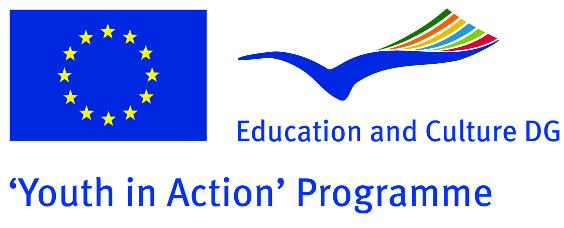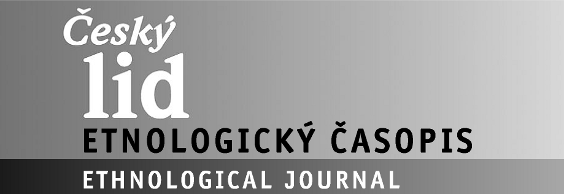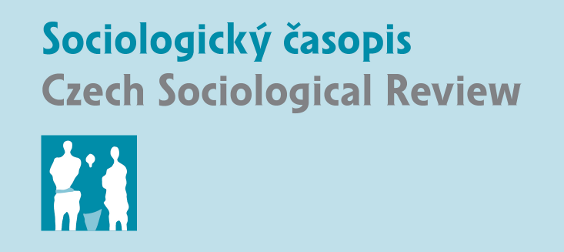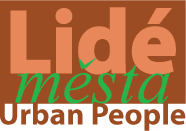MOVIES
Norway, Macedonia, 2010, 35 min
Frode Storaas, Elizabeta Koneska
29.01.2011 20:05
 Filip is a student at Mac Brod Gymnasium. He stays at the dormitory. Alija is a good friend of him at school. But they relate to different religions and that separate them not only during lunch-breaks at school, but all the time outside school. Filip spends his weekends in his home village Samokov, collecting mushrooms for sale and helping his grandparents and his mother in her small shop. Alija commutes everyday from his home village Plasnica.
Filip is a student at Mac Brod Gymnasium. He stays at the dormitory. Alija is a good friend of him at school. But they relate to different religions and that separate them not only during lunch-breaks at school, but all the time outside school. Filip spends his weekends in his home village Samokov, collecting mushrooms for sale and helping his grandparents and his mother in her small shop. Alija commutes everyday from his home village Plasnica.
The film hints on the situation in Macedonian countryside where unemployment forces people to leave the villages. This situation of dejection shadows the relationships between ethnic and religious groups.
Director, Camera: Frode Storaas, Elizabeta Koneska
As an anthropologist Storaas has worked with pastoralists and agro-pastoralists in Sudan, Kenya, Uganda and Ethiopia. General anthropology, i.e. adaptation, economy and politics, has been his main concern.
As a filmmaker he has been involved in projects in Africa and the Middle East, in Greece and Macedonia, in Mexico and USA, in China and in Norway. A theme conveyed in some of these projects has been magic, how magical beliefs may influence everyday life.
Koneska is a senior curator at the National Museum of Macedonia in Skopje, ethnology department. Her main topics of research and scientific relates to: traditional food; coppersmith and tinsmith crafts; Slavic Orthodox community in Istanbul; Shared Shrines; Turkish and other Muslims ethnic and religious community’s.
Koneska has directed 12 films based on research in Macedonia and Turkey.
Production: Macedonian Centre for Photography, Skopje, Macedonia
Edit: Frode Storaas
Language of dialogues: Macedonian, English
Language of subtitles: Czech, English
Czech Republic, 2010, 25 min
Martin Šmoldas
29.01.2011 16:10
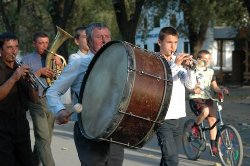 The compatriotic village of Holuboje was founded in the so called Bessarabia (part of today’s Moldavia) by Czech colonists in 1864. Holuboj compatriots managed to preserve aspects of their language and folk culture, often long forgotten in the Czech Republic, in the manifold national variety of this region. The most extraordinary of all is the folk band which has continuously functioned here for incredible 146 years and which has various Czech songs in its repertoire.
The compatriotic village of Holuboje was founded in the so called Bessarabia (part of today’s Moldavia) by Czech colonists in 1864. Holuboj compatriots managed to preserve aspects of their language and folk culture, often long forgotten in the Czech Republic, in the manifold national variety of this region. The most extraordinary of all is the folk band which has continuously functioned here for incredible 146 years and which has various Czech songs in its repertoire.
Despite these folk singularities, local people are afflicted with the same problems as all the people of the isolated and poor Moldavia. The decline in economics, disintegration of agricultural co-operatives and everyday existential problems endanger the existence of this folk band. The author of the film introduces four protagonists, inhabitants of Holuboj, who provide an insight into the past and present lives of compatriots in Moldavia.
Director, production, camera, edit: Martin Šmoldas
Martin is a student of Social Anthropology at the University of Pardubice. He is interests in the field in Moldova.
Language of dialogues: Czech
Language of subtitles: No subtitles
Premiere!!!
Belgium, 2011, 15 min
Petar Veljacic
28.01.2011 22:40
Culturally, we are all governed to live in and reproduce two-gender societies, taking a gender role „naturaly“ assigned by biological sex. Some discoveries disagree.
Director, Production, Camera, Edit: Petar Veljacic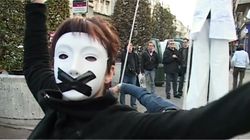
Petar was born 1979 in Aleksinac, Yugoslavia. Graduated at the University of Belgrade, Faculty of Philosophy, Department of Ethnology and Anthropology on a topic History and perspectives of Visual Anthropology . His film education started in film school of Academy Film Center in Belgrade and further developed through various productions in the field of visual anthropology and observational filming. His video activist work begun in Brussels, where he is living and working since 2009.
Language of dialogues: English, French
Language of subtitles: English
 Filip is a student at Mac Brod Gymnasium. He stays at the dormitory. Alija is a good friend of him at school. But they relate to different religions and that separate them not only during lunch-breaks at school, but all the time outside school. Filip spends his weekends in his home village Samokov, collecting mushrooms for sale and helping his grandparents and his mother in her small shop. Alija commutes everyday from his home village Plasnica.
Filip is a student at Mac Brod Gymnasium. He stays at the dormitory. Alija is a good friend of him at school. But they relate to different religions and that separate them not only during lunch-breaks at school, but all the time outside school. Filip spends his weekends in his home village Samokov, collecting mushrooms for sale and helping his grandparents and his mother in her small shop. Alija commutes everyday from his home village Plasnica.
 The compatriotic village of Holuboje was founded in the so called Bessarabia (part of today’s Moldavia) by Czech colonists in 1864. Holuboj compatriots managed to preserve aspects of their language and folk culture, often long forgotten in the Czech Republic, in the manifold national variety of this region. The most extraordinary of all is the folk band which has continuously functioned here for incredible 146 years and which has various Czech songs in its repertoire.
The compatriotic village of Holuboje was founded in the so called Bessarabia (part of today’s Moldavia) by Czech colonists in 1864. Holuboj compatriots managed to preserve aspects of their language and folk culture, often long forgotten in the Czech Republic, in the manifold national variety of this region. The most extraordinary of all is the folk band which has continuously functioned here for incredible 146 years and which has various Czech songs in its repertoire.
